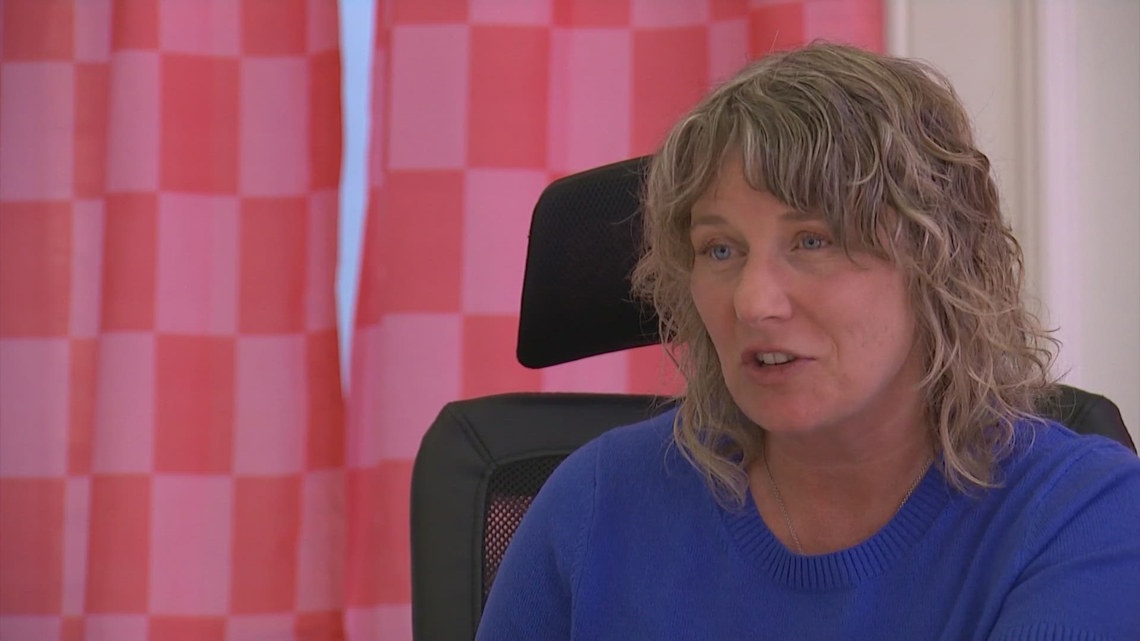Seattle Pride says it’s short $350,000 due to a lack of corporate sponsorships. The nonprofit says it’s a direct result of DEI rollbacks and political attacks.
SEATTLE — Seattle Pride is asking for community donations to help cover a $350,000 budget shortfall caused by a loss of corporate sponsorships, which the nonprofit attributes to DEI rollbacks and political attacks on the LGBTQ community.
If Seattle Pride’s budget doesn’t improve, Executive Director Patti Hearn said next year’s Pride celebration could be noticeably different — like a shorter parade or more paid events.
“It’s relatively urgent,” she said. “They [sponsors] usually sign on about the spring and what we’re seeing is that it’s either happening much more slowly than it’s happened before or possibly not happening much at all.”
Hearn believes companies are falling in line with President Donald Trump’s ongoing effort to cut diversity, equity and inclusion initiatives.
“It’s hard that it’s not tied, right?” Hearn said. “I think that rhetoric coming from the executive branch of the government at this time, the laws that are attacking members of our community, the executive orders that have been made, a lack of sponsors, that does feel causal to me.”
This comes as other Pride organizations face major sponsorship losses amounting to hundreds of thousands of dollars.
In San Francisco, sponsors like Anheuser-Busch, Comcast, Diageo, and Nissan pulled support, leading to an estimated $300,000 shortfall. In St. Louis, Anheuser-Busch ended a partnership of over 30 years with Pride organizers, resulting in a $150,000 loss, according to NBC News.
Despite these challenges, Seattle Pride plans to overhaul their fundraising strategy by relying on individual donations and grants, and being more selective with what companies they’ll allow to be a sponsor.
“If 300,000 people who come to the parade every year, if every single one of them gave $1 we’d closed our gap,” Hearn said. “If you harken back to what it was like in the 70s, there weren’t corporate sponsors, it was people writing checks and doing what they could out of the little that they had to make the event happen.”
In early March, Seattle Pride announced organizers will reassess all current partnerships, by looking into organizations ‘political donations and lobbying activities, LGBTQIA2S+ policies, ties to the weapons industry, labor and supply chain ethics, involvement in immigration and carceral systems, and overall public impact.’
“There’s risk inherent in there, and I think in the end an organization needs to stand on its value, and I would rather stand on our values and feel good about the companies that are supporting us than take risk the other way,” Hearn said.
link

